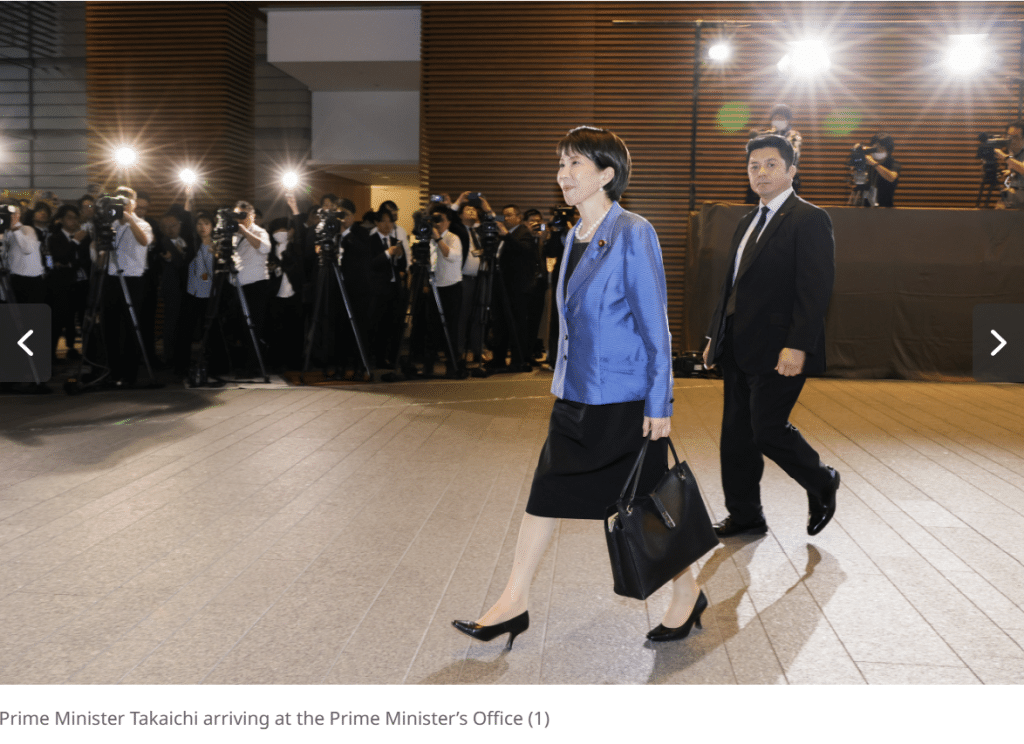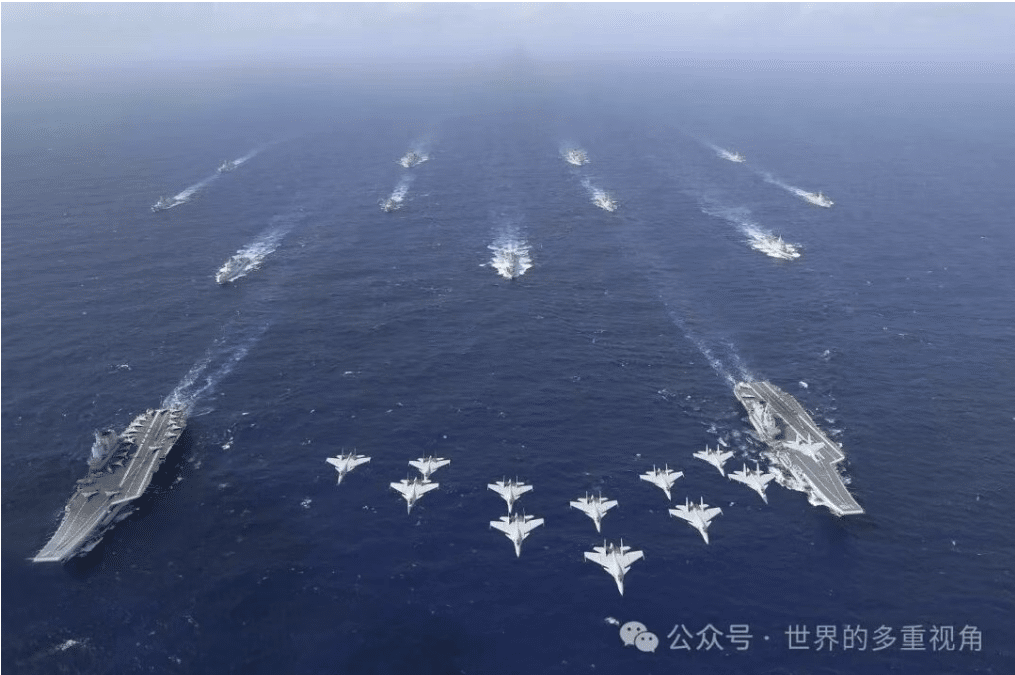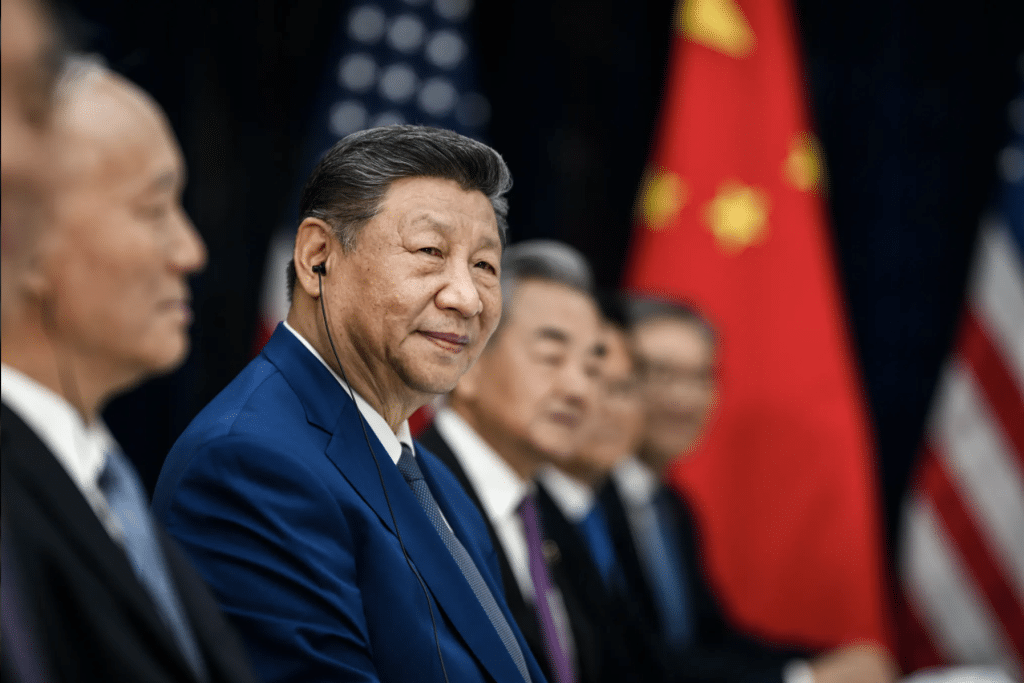President Trump’s Quiet Diplomacy Behind U.S.–China–Japan Phone Calls
Jin Canrong: Abandoning Taiwan Is Not Yet the Mainstream View in the U.S., But China Must Prepare for the Worst
- Analysis
 Jin Canrong
Jin Canrong- 11/19/2025
- 0

Editor’s note: Jin Canrong— a well-known nationalist scholar, influential commentator, and professor at Renmin University—recently published this piece on his social media account Jinjin Ledao. In it, Professor Jin argues that while some in the United States are increasingly calling for a strategic pullback from Taiwan due to China’s growing military edge, the mainstream U.S. approach still emphasizes “protecting” Taiwan. As a result, he contends that China must remain fully prepared for worst-case scenarios. Below is the translated version of his commentary.
Recently, a subtle shift has emerged in U.S. discourse on the Taiwan issue. Some experts have bluntly argued that if the United States were to clash with China over Taiwan, Washington’s chances of winning would be zero. Taiwan, they say, is not that important to the U.S. and does not constitute a core American interest. This line of reasoning was prominently reflected in a recent RAND Corporation report on cross-strait relations. The report’s bottom line is clear: Taiwan is not strategically vital to the United States, the U.S. cannot win a war with China in the Taiwan Strait, and Washington should gradually disengage from the issue.
In addition to RAND’s report, the mainstream American magazine Time has published three articles related to Taiwan in quick succession. One of them was written by an old acquaintance of the author, Lyle Goldstein, Director of Asia Engagement at the Washington-based think tank Defense Priorities. Goldstein argues that Taiwan’s leader Lai Ching-te, whom he labels a “reckless leader,” is turning Taiwan into “the most dangerous flashpoint.” He even calls on former President Donald Trump to reconsider: the U.S. has no need to intervene in a Taiwan crisis and could, if necessary, issue a warning to Lai.
Meanwhile, discussions in the U.S. about redefining America’s Taiwan strategy are growing more frequent. Voices suggesting that “Taiwan is not important,” “the U.S. cannot win,” and “America should pull back” have been on the rise—creating considerable anxiety within Taiwan’s society.
At the same time, however, a countervailing narrative is also gaining traction. A group led by Bonnie Glaser has been deliberately distorting and challenging U.N. General Assembly Resolution 2758, adopted in 1971, which restored the People’s Republic of China’s lawful seat in the United Nations and expelled the Chiang Kai-shek authorities. These commentators have been hyping the so-called “undetermined status of Taiwan” and advocating for Taiwan’s participation in U.N. meetings and related activities.
At present, both strands of opinion coexist in the U.S. discourse. From my observation, the argument for U.S. disengagement from Taiwan actually aligns more closely with Donald Trump’s personal instincts. In Trump’s view, Taiwan is of limited importance—he has repeatedly mocked it as nothing more than a “tip of a pen.”
The fundamental reason lies in the shifting balance of power between China and the United States. Twenty years ago, Washington had absolute confidence that it could defeat the PLA in a Taiwan conflict. Ten years ago, doubts began creeping in—American strategists ran the numbers and realized victory was no longer guaranteed. Now, clear-eyed analysts in Washington understand that in the event of a Taiwan Strait conflict, the U.S. would almost certainly lose. Under such circumstances, binding itself to a “commitment to protect Taiwan” would be foolish. For this reason, I believes that over time, the likelihood of the U.S. abandoning Taiwan will continue to rise.
That said, this does not mean Trump has already shifted to a fundamentally different Taiwan policy. At the moment, the idea of “U.S. disengagement from Taiwan” remains a minority view and does not represent mainstream U.S. policy. For the dominant strategic establishment, Taiwan carries symbolic weight: if the U.S. can “protect” Taiwan, its entire alliance network will maintain faith in American security guarantees. But if Washington drops Taiwan, allies across the region will begin to question U.S. reliability. For this reason, the mainstream strategic community still drives Taiwan policy and remains committed to controlling and “protecting” Taiwan.
For China, no matter how U.S. debate or policy evolves, the core approach must remain grounded in the possibility of a future China–U.S. conflict over Taiwan. Beijing must maintain a bottom-line mindset and prepare for extreme scenarios. There can be no illusions. Only by preparing thoroughly can China secure a more favorable outcome on the Taiwan question.
The views expressed in this article represent those of the author(s) and not those of The Carter Center.
Author
-

Jin Canrong is a well-known nationalist scholar, influential commentator, and professor at Renmin University in China.







